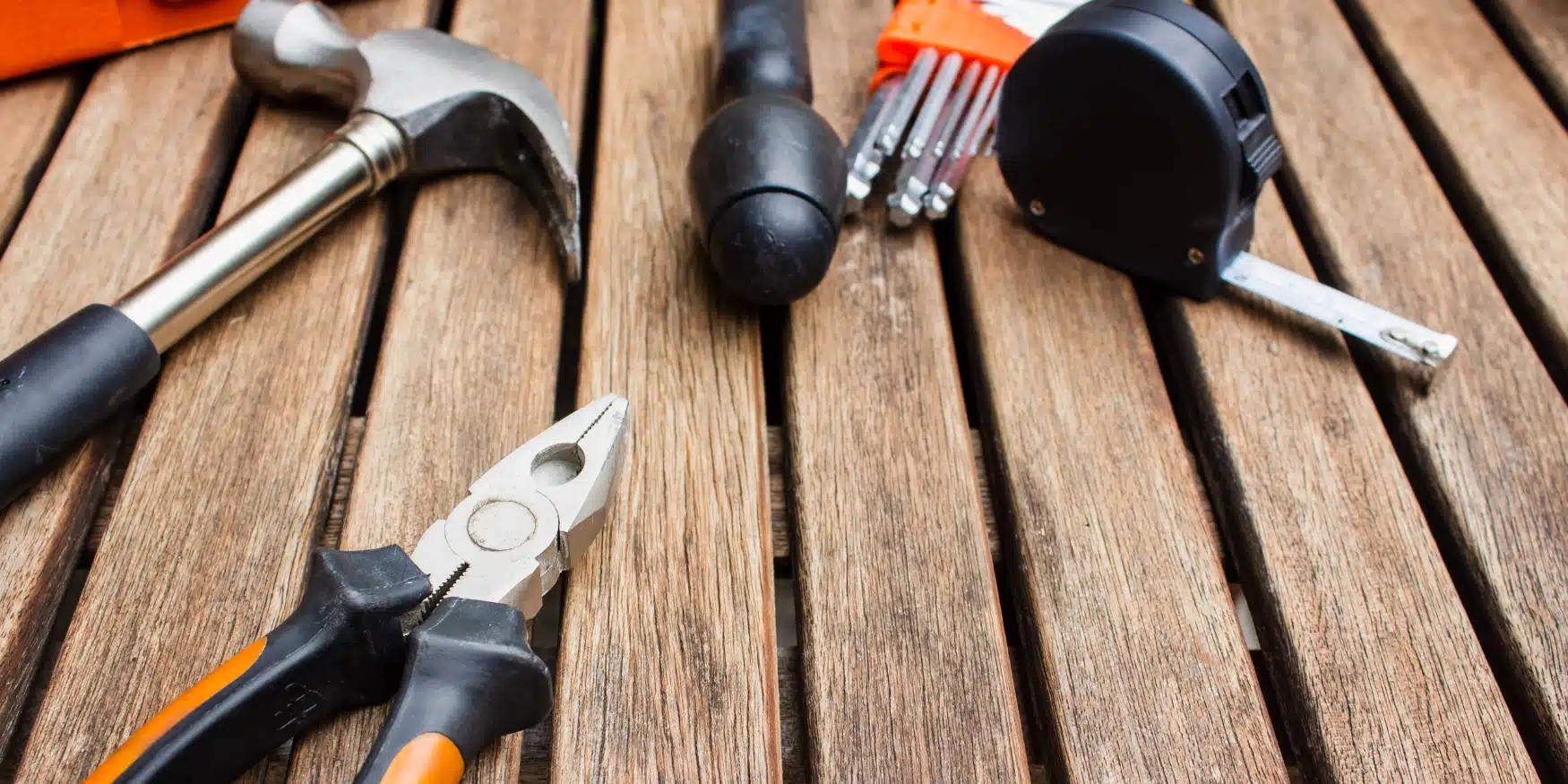The simple approach to managing overheads is to spend as little as possible, to keep net profit as high as it can be. Sounds nice in theory right, but the reality is sometimes you have to spend money to make money. In our game, you won’t ever save your way to profitability; you have to earn it, and your job as the boss is to make sure the team is always busy and working efficiently. That said, we all go through “bad” periods, and knowing when to spend and when to save is key to ensuring you still come out on top for the year overall.
So, if you’ve had a bad month and haven’t made your gross profit targets, how do you know when you should you still spend the budgeted money, vs focusing on maintaining your desired gross profit percentage? Only you will know, based on the overall state of your business.
But to help you make the decision, here are a few scenarios for you to consider:
- Type of Overhead This one’s easy: Your fixed and variable overheads are non-negotiable if you want to keep the business up and running. You have to spend any money you’ve got on these. So, for the sake of the following scenarios, you’re considering whether to spend on the optional overheads on your wishlist. Check out an earlier post on the types of overheads, here.
- Cash flow Position If you’ve been consistently making a net profit and you know what you can do to improve the business (i.e. the problems have been identified and you’re working on them) then you’re safe to spend.
- Net Profit Position If you look at your net profit to date and you’re quite far behind in all key measures and you don’t know why then don’t spend. In this instance, you must save your funds.
- Debt Levels If the business is carrying a medium-to-high load of borrowings then absolutely aim to conserve cash! Instead of indulging in your wish list, use the cash to pay down debt instead.
- Lead Generation If your problem is not enough work coming in and you have a marketing plan in place to try and improve sales, this is normally a good bet to invest in and you should spend the money.
- Efficiency Expenditure If you’ve identified the team is working less efficiently than they could (should?) be because they’re having to share vehicles, the digger is always breaking down, or they’re going back and forth dropping tools off to one another, this is a wise investment and is ok to spend money on.
- Time of Year Sometimes the time of year can be a factor too… It’s always hard to get paid around Christmas and January is normally a tough month, so it’s best to hold the money in the bank around this time.
- Economic Position What’s the state of the domestic economy like at the moment? Proven economic headwinds of uncertainty include election cycles, bad weather events, and international events such as trade wars can all have a real impact on the local situation. Before you take any risks during these scenarios, talk to your accountant or financial advisor and get some professional advice – it’s better to be safe than sorry!
As I said earlier, the only person who truly knows if you should spend your profit on optional overheads is you. Sometimes it’s worth the risk and you can reap some truly great benefits. Whatever you decide, good luck out there!







